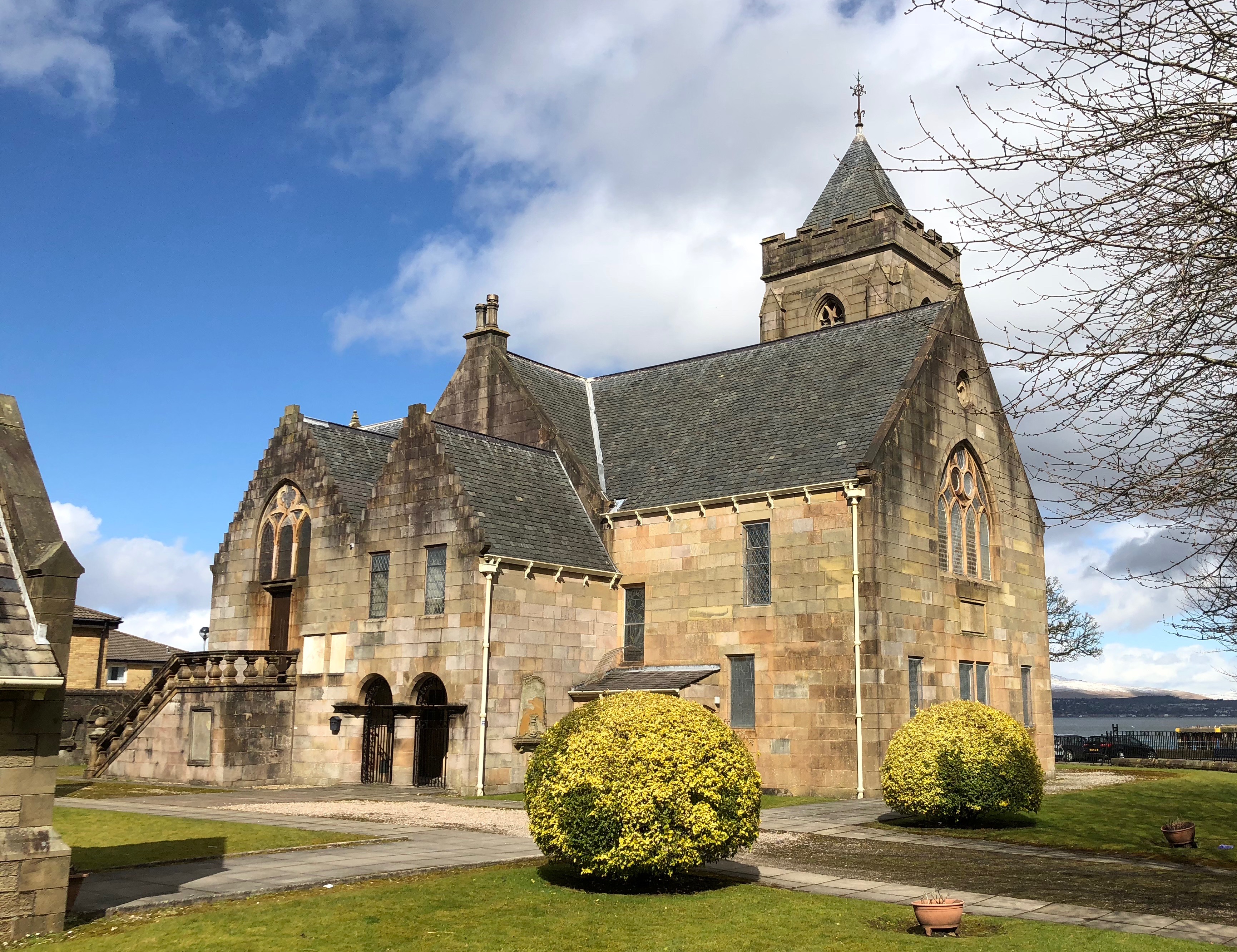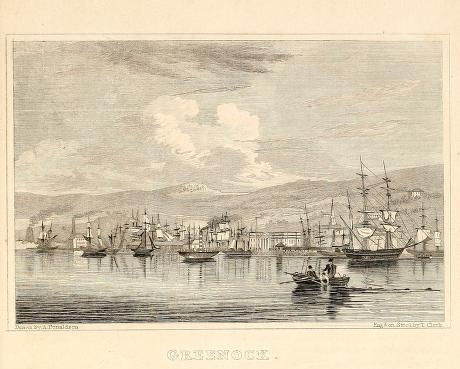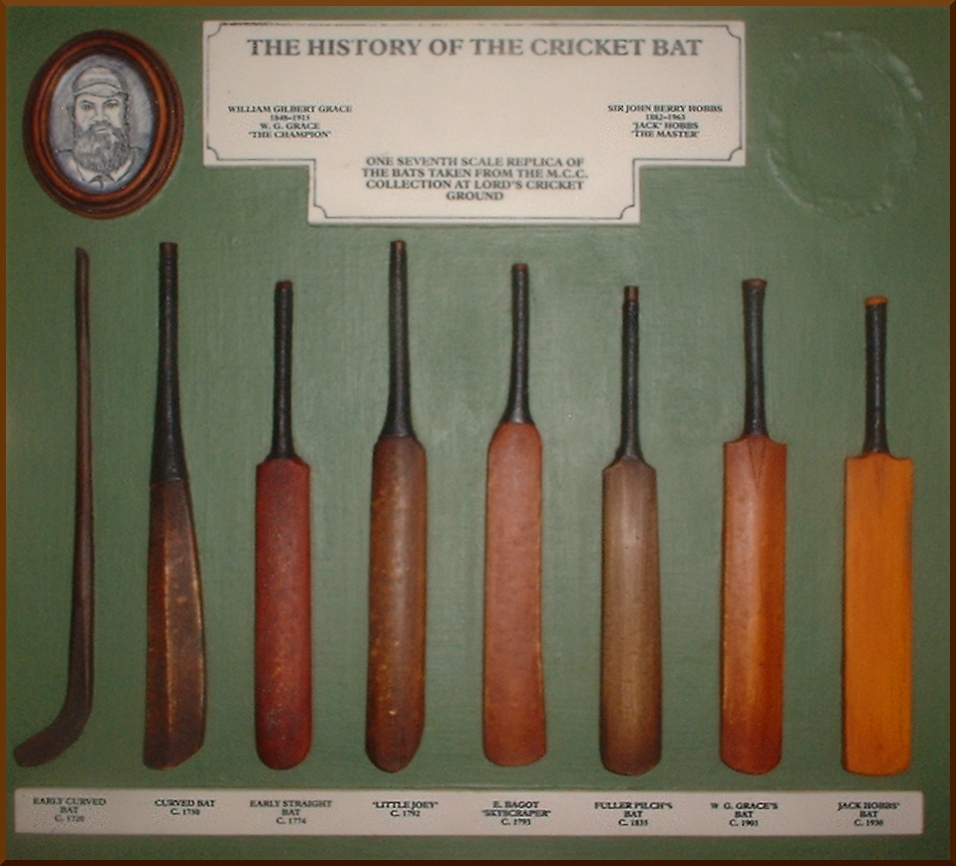|
John Walker (Scottish Cricketer)
John Barnhill Walker (30 October 1883 – 21 November 1953) was a Scottish first-class cricketer and businessman. His brother, William Walker (Scottish cricketer), William, was also a first-class cricketer. Biography Walker was born at Greenock in October 1883 and was educated at the Glasgow Collegiate. He played club cricket with success for Greenock, scoring 169 runs against the West of Scotland Cricket Club, West of Scotland in 1912, in addition to captaining the club. Walker played two first-class cricket matches for Scotland in 1912, against the touring South Africa national cricket team, South Africans at Hamilton Crescent, Glasgow, and Ireland cricket team, Ireland at Observatory Lane, Dublin. He scored 45 runs in his two matches, with a highest score of 34. Walker served in the Renfrewshire Volunteer Regiment during the First World War, being commissioned as a temporary Second lieutenant#United Kingdom and other Commonwealth countries, second lieutenant in April 1918. ... [...More Info...] [...Related Items...] OR: [Wikipedia] [Google] [Baidu] |
Greenock
Greenock (; ; , ) is a town in Inverclyde, Scotland, located in the west central Lowlands of Scotland. The town is the administrative centre of Inverclyde Council. It is a former burgh within the historic county of Renfrewshire, and forms part of a contiguous urban area with Gourock to the west and Port Glasgow to the east. The 2011 UK Census showed that Greenock had a population of 44,248, a decrease from the 46,861 recorded in the 2001 UK Census. It lies on the south bank of the Clyde at the " Tail of the Bank" where the River Clyde deepens into the Firth of Clyde. History Name Place-name scholar William J. Watson wrote that "Greenock is well known in Gaelic as , dative of , 'a sunny knoll. The Scottish Gaelic place-name is relatively common, with another Greenock near Callander in Menteith (formerly in Perthshire) and yet another at Muirkirk in Kyle, now in East Ayrshire. R. M. Smith in (1921) described the alternative derivation from Common Brittonic *, ... [...More Info...] [...Related Items...] OR: [Wikipedia] [Google] [Baidu] |
Johnnie Walker
Johnnie Walker is a brand of Scotch whisky produced by Diageo in Scotland. It was established in the Scottish burgh of Kilmarnock, East Ayrshire in 1820, and continued to be produced and bottled at the town's Hill Street plant, once the world's largest bottling plant, until its closure in 2012, a decision announced by Diageo in 2009 which would bring the 190-year association between the brand and Kilmarnock to an end. The brand was first established by grocer John Walker (grocer), John Walker, a native of Kilmarnock, who originally established the business and a grocery shop in 1820, with his son Alexander Walker (1837–1889), Alexander "Alec" Walker and grandson Alexander Walker II, being largely responsible for establishing the whisky as a favoured brand. It is the world's highest selling Scotch whisky, sold in almost every country, with annual sales of the equivalent of over 223.7 million bottles in 2016 or . History John Walker, founder John Walker was born on 25 Jul ... [...More Info...] [...Related Items...] OR: [Wikipedia] [Google] [Baidu] |
Whisky Distillers
Whisky or whiskey is a type of liquor made from fermented grain mash. Various grains (which may be malted) are used for different varieties, including barley, corn, rye, and wheat. Whisky is typically aged in wooden casks, commonly of charred white oak. Uncharred white oak casks previously used for the aging of port, rum or sherry may be employed during storage to impart a unique flavor and color. Whisky is a strictly regulated spirit worldwide with many classes and types. The typical unifying characteristics of the different classes and types are the fermentation of grains, distillation, and aging in wooden barrels. Etymology The word ''whisky'' (or ''whiskey'') is an anglicisation of the Classical Gaelic word (or ) meaning "water" (now written as in Modern Irish, and in Scottish Gaelic). This Gaelic word shares its ultimate origins with Germanic ''water'' and Slavic ''voda'' of the same meaning. Distilled alcohol was known in Latin as ("water of life"). This was t ... [...More Info...] [...Related Items...] OR: [Wikipedia] [Google] [Baidu] |
British Army Personnel Of World War I
British may refer to: Peoples, culture, and language * British people, nationals or natives of the United Kingdom, British Overseas Territories and Crown Dependencies. * British national identity, the characteristics of British people and culture * British English, the English language as spoken and written in United Kingdom of Great Britain and Northern Ireland and, more broadly, throughout the British Isles * Celtic Britons, an ancient ethno-linguistic group * Brittonic languages, a branch of the Insular Celtic language family (formerly called British) ** Common Brittonic, an ancient language Other uses *People or things associated with: ** Great Britain, an island ** British Isles, an island group ** United Kingdom, a sovereign state ** British Empire, a historical global colonial empire ** Kingdom of Great Britain (1707–1800) ** United Kingdom of Great Britain and Ireland (1801–1922) * British Raj, colonial India under the British Empire * British Hong Kong, colonial ... [...More Info...] [...Related Items...] OR: [Wikipedia] [Google] [Baidu] |
Volunteer Force Officers
Volunteering is an elective and freely chosen act of an individual or group giving their time and labor, often for community service. Many volunteers are specifically trained in the areas they work, such as medicine, education, or emergency rescue. Others serve on an as-needed basis, such as in response to a natural disaster. Etymology and history The verb was first recorded in 1755. It was derived from the noun ''volunteer'', in 1600, "one who offers himself for military service," from the Middle French ''voluntaire''. In the non-military sense, the word was first recorded during the 1630s. The word ''volunteering'' has more recent usage—still predominantly military—coinciding with the phrase ''community service''. In a military context, a volunteer military, volunteer army is a military body whose soldiers have chosen to enlist, as opposed to having been conscripted. Such volunteers do not work "for free" and are given regular pay. 19th century During this time, Ameri ... [...More Info...] [...Related Items...] OR: [Wikipedia] [Google] [Baidu] |
Greenock Wanderers RFC Players
Greenock (; ; , ) is a town in Inverclyde, Scotland, located in the west central Lowlands of Scotland. The town is the administrative centre of Inverclyde Council. It is a former burgh within the historic county of Renfrewshire, and forms part of a contiguous urban area with Gourock to the west and Port Glasgow to the east. The 2011 UK Census showed that Greenock had a population of 44,248, a decrease from the 46,861 recorded in the 2001 UK Census. It lies on the south bank of the Clyde at the " Tail of the Bank" where the River Clyde deepens into the Firth of Clyde. History Name Place-name scholar William J. Watson wrote that "Greenock is well known in Gaelic as , dative of , 'a sunny knoll. The Scottish Gaelic place-name is relatively common, with another Greenock near Callander in Menteith (formerly in Perthshire) and yet another at Muirkirk in Kyle, now in East Ayrshire. R. M. Smith in (1921) described the alternative derivation from Common Brittonic *, 'grave ... [...More Info...] [...Related Items...] OR: [Wikipedia] [Google] [Baidu] |
Scottish Rugby Union Players
Scottish usually refers to something of, from, or related to Scotland, including: *Scottish Gaelic, a Celtic Goidelic language of the Indo-European language family native to Scotland *Scottish English *Scottish national identity, the Scottish identity and common culture *Scottish people, a nation and ethnic group native to Scotland * Scots language, a West Germanic language spoken in lowland Scotland * Symphony No. 3 (Mendelssohn), a symphony by Felix Mendelssohn known as ''the Scottish'' See also *Scotch (other) *Scotland (other) *Scots (other) *Scottian (other) *Schottische The schottische is a partnered country dance that apparently originated in Bohemia. It was popular in Victorian-era ballrooms as a part of the Bohemian folk-dance craze and left its traces in folk music of countries such as Argentina (Spanish ... * {{disambiguation Language and nationality disambiguation pages ca:Escocès ... [...More Info...] [...Related Items...] OR: [Wikipedia] [Google] [Baidu] |
Cricketers From Greenock
Cricket is a Bat-and-ball games, bat-and-ball game played between two Sports team, teams of eleven players on a cricket field, field, at the centre of which is a cricket pitch, pitch with a wicket at each end, each comprising two Bail (cricket), bails (small sticks) balanced on three stump (cricket), stumps. Two players from the Batting (cricket), batting team, the striker and nonstriker, stand in front of either wicket holding Cricket bat, bats, while one player from the Fielding (cricket), fielding team, the bowler, Bowling (cricket), bowls the Cricket ball, ball toward the striker's wicket from the opposite end of the pitch. The striker's goal is to hit the bowled ball with the bat and then switch places with the nonstriker, with the batting team scoring one Run (cricket), run for each of these swaps. Runs are also scored when the ball reaches the Boundary (cricket), boundary of the field or when the ball is bowled Illegal delivery (cricket), illegally. The fielding tea ... [...More Info...] [...Related Items...] OR: [Wikipedia] [Google] [Baidu] |
1953 Deaths
Events January * January 6 – The Asian Socialist Conference opens in Rangoon, Burma. * January 12 – Estonian émigrés found a Estonian government-in-exile, government-in-exile in Oslo. * January 14 ** Marshal Josip Broz Tito is chosen President of Socialist Federal Republic of Yugoslavia, Yugoslavia. ** The Central Intelligence Agency, CIA-sponsored Robertson Panel first meets to discuss the Unidentified flying object, UFO phenomenon. * January 15 ** Georg Dertinger, foreign minister of East Germany, is arrested for spying. ** British security forces in West Germany arrest 7 members of the Naumann Circle, a clandestine Neo-Nazi organization. * January 19 – 71.1% of all television sets in the United States are tuned into ''I Love Lucy'', to watch Lucy give birth to Little Ricky, which is more people than those who tune into Dwight Eisenhower's inauguration the next day. This record is never broken. * January 24 ** Mau Mau Uprising: Rebels in Kenya kill th ... [...More Info...] [...Related Items...] OR: [Wikipedia] [Google] [Baidu] |
1883 Births
Events January * January 4 – ''Life (magazine), Life'' magazine is founded in Los Angeles, California, United States. * January 10 – A Newhall House Hotel Fire, fire at the Newhall Hotel in Milwaukee, Wisconsin, United States, kills 73 people. * January 16 – The Pendleton Civil Service Reform Act, establishing the United States civil service, is passed. * January 19 – The first electric lighting system employing overhead wires begins service in Roselle, New Jersey, United States, installed by Thomas Edison. February * February 15 – Tokyo Electrical Lightning Grid, predecessor of Tokyo Electrical Power (TEPCO), one of the largest electrical grids in Asia and the world, is founded in Japan. * February 16 – The ''Ladies' Home Journal'' is published for the first time, in the United States. * February 23 – Alabama becomes the first U.S. state to enact an Competition law, antitrust law. * February 28 – The first vaudeville th ... [...More Info...] [...Related Items...] OR: [Wikipedia] [Google] [Baidu] |







